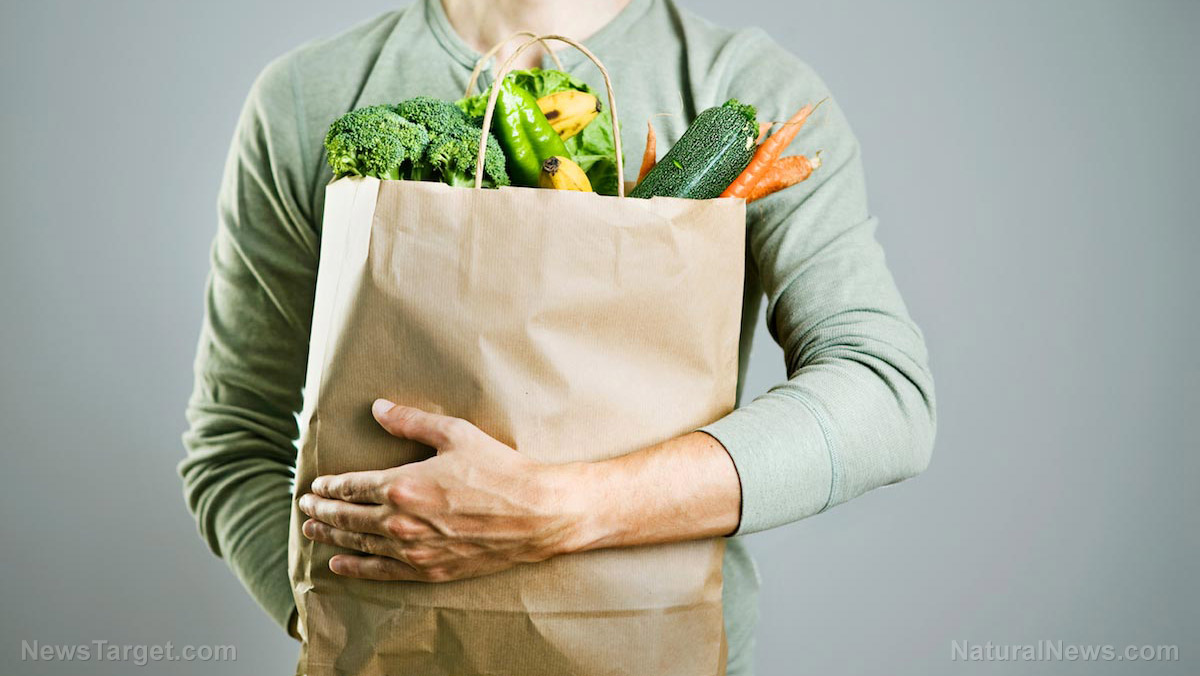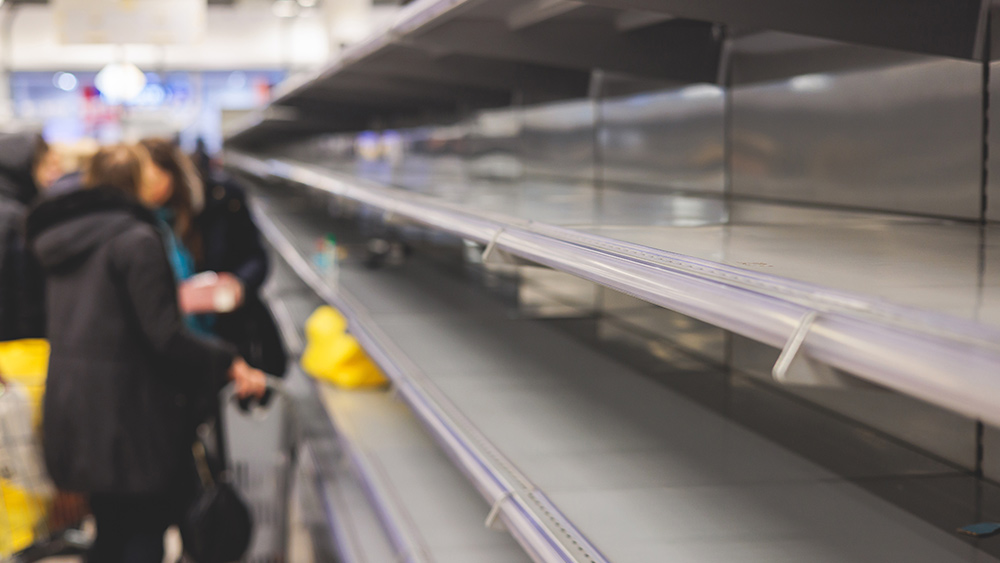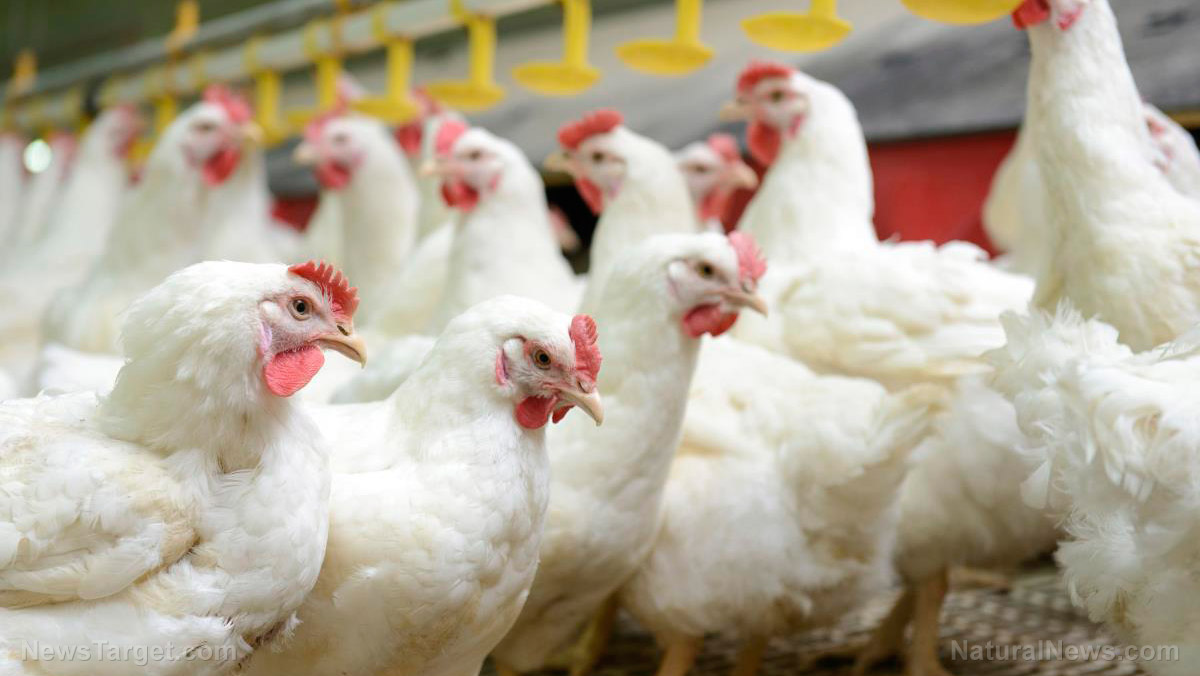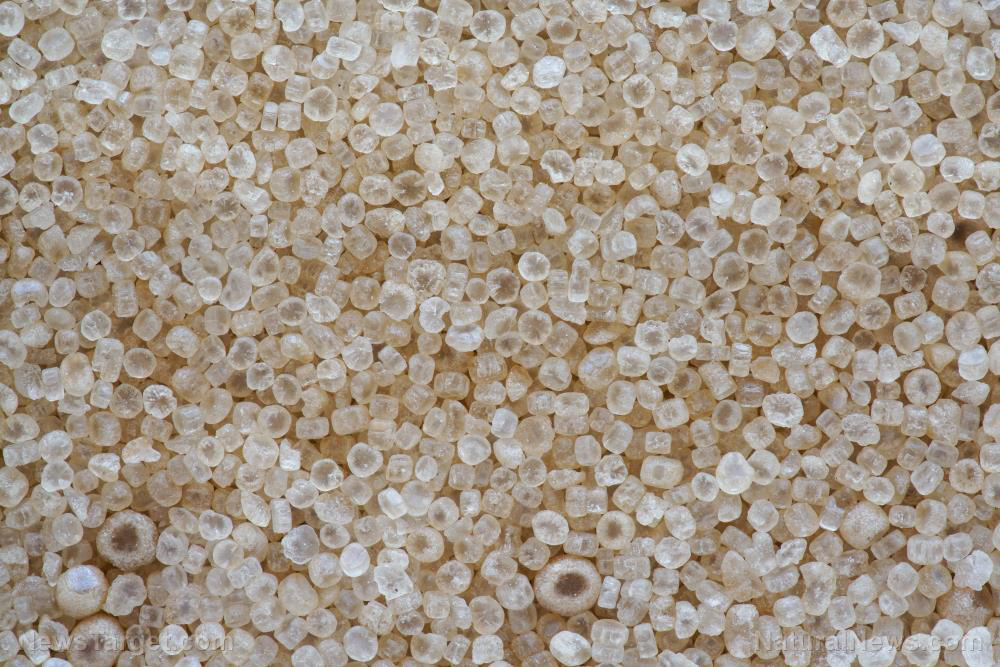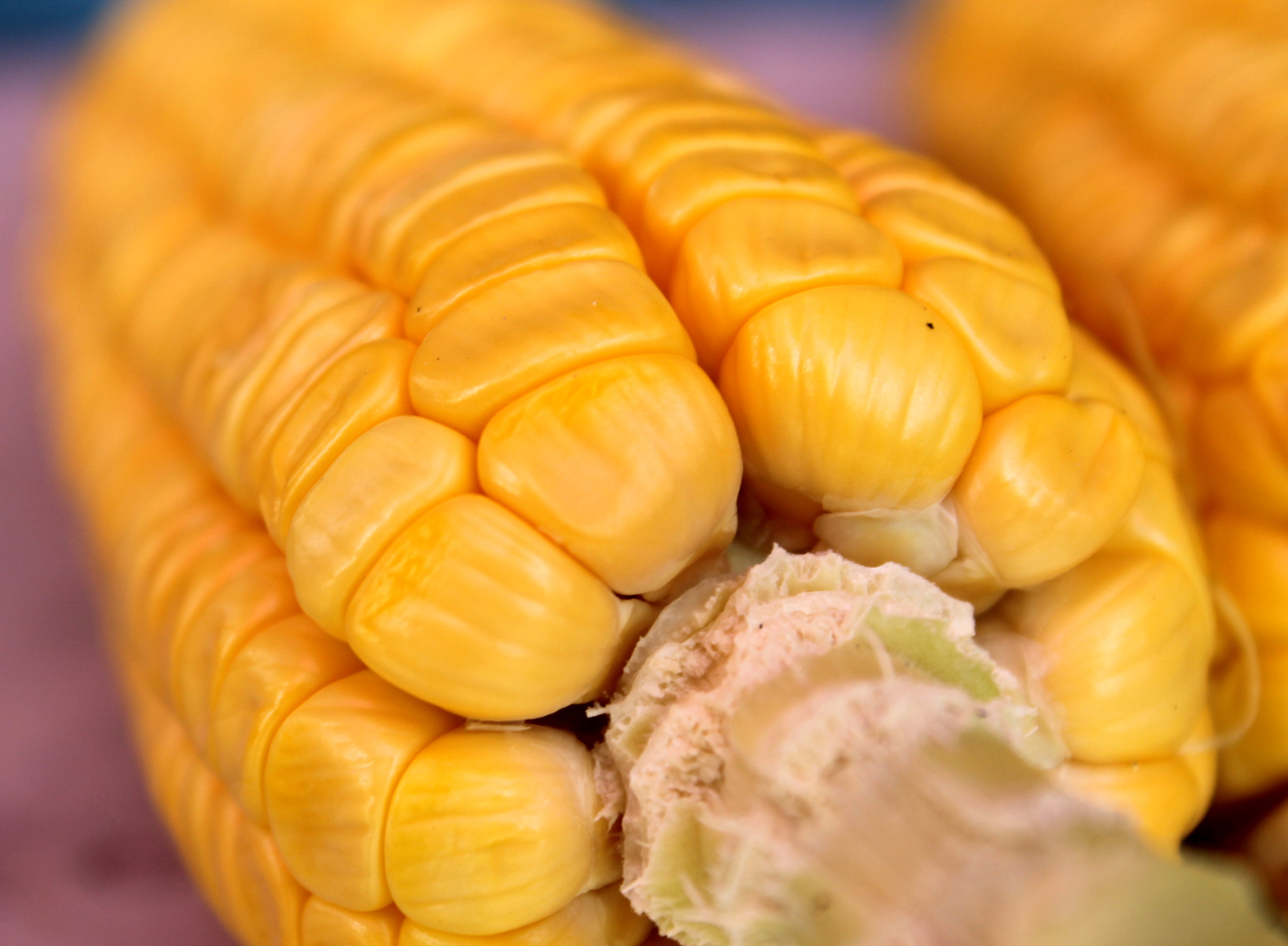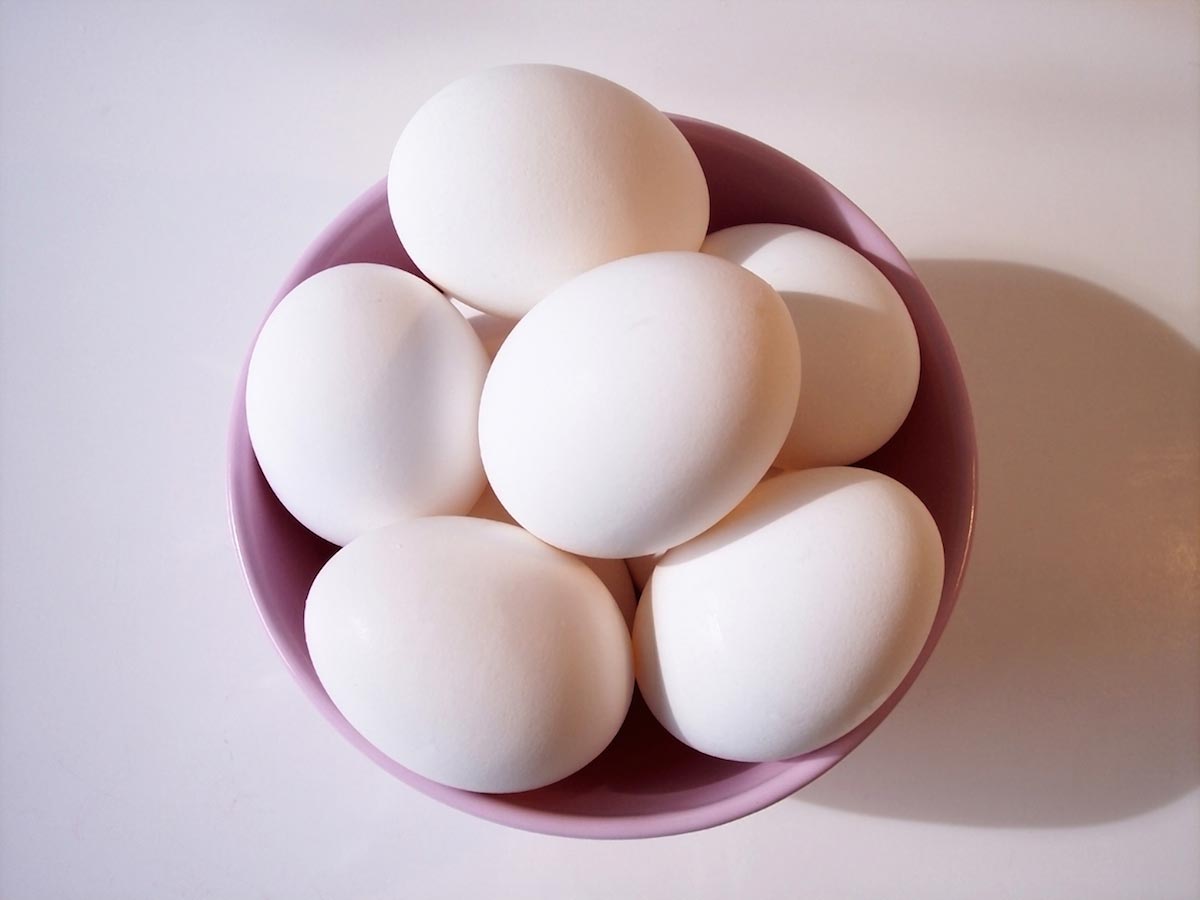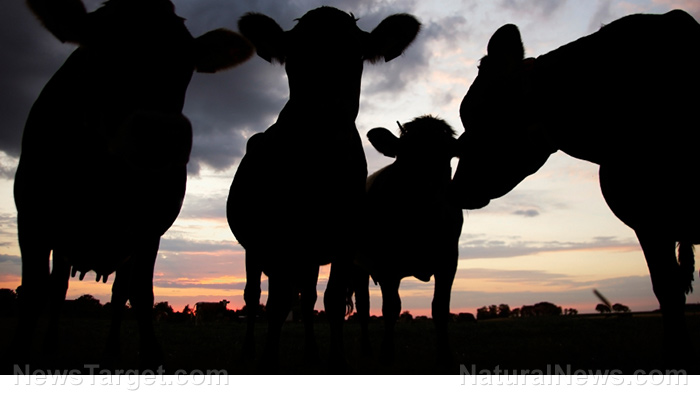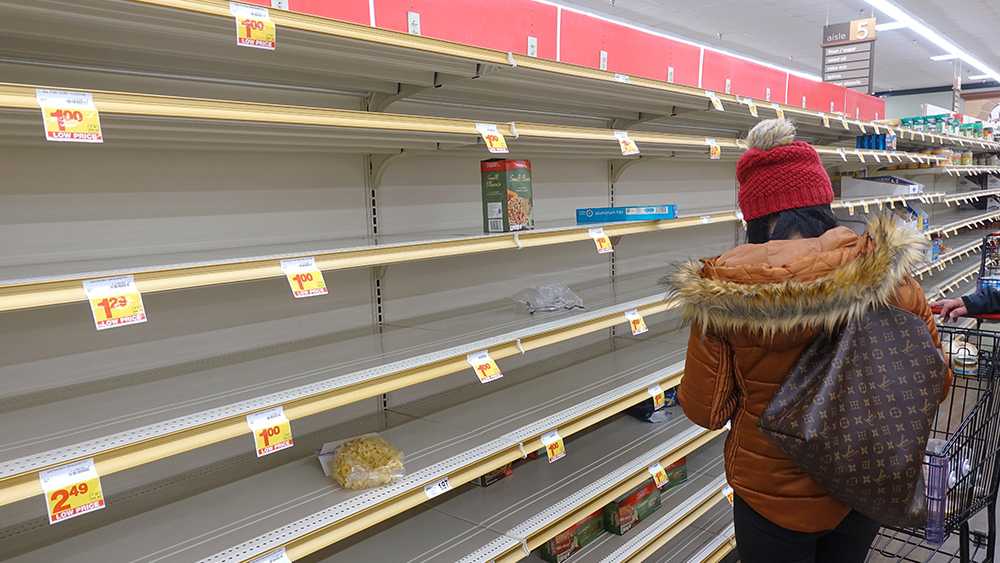High prices, low supply forcing many countries to BAN food exports
02/10/2023 / By Roy Green

The global food supply is far from steady. In fact, it is currently shaky because of high prices and low supply – prompting nations to halt food exports for now.
Extreme weather such as the harsh winter in Uzbekistan and the prolonged drought in Argentina, coupled with the Russia-Ukraine war, forced many countries to ban exports of staple vegetables, fruits, grains and commodities.
Record frosts in Uzbekistan chilled its agriculture sector, compelling Central Asia’s most populous country to declare a four-month ban on onion exports on Jan. 20 after the pungent vegetable doubled in price in three weeks. (Related: Export bans put in place by different nations WORSEN food inflation.)
Highlighting the pitfalls of the national energy grid, the Uzbeks – including those in the capital Tashkent – endured days without electricity. They could do nothing but watch as the frosts, the most since 2008, spoiled the majority of onions in storage and froze harvested fruits.
Formerly among the cheapest onions produced by former Soviet republics, Uzbek onions are now as expensive as those from Georgia and Moldova – reaching 6,000 Uzbek sum (53 cents) to 8,000 Uzbek sum (70 cents) per kilo due to supply chain kinks.
With roads coated in ice, gas stations closed, and public transport limited, delivery of the produce from farms to markets was difficult and expensive. Potatoes posted a 14 percent hike in price since the year started, reported agriculture news site East Fruit last week.
Other parts of Central Asia like Kazakhstan, Kyrgyzstan, Tajikistan and Turkmenistan suffered from the price shifts in a milder manner.
Over 20 countries impose ban on food exports
Kazakhstan followed Uzbekistan’s lead in banning exports of root vegetables on Jan. 22 after the Kazakh Ministry of Trade and Integration (MTI) said prices for its onions had risen by more than five percent in one week.
According to Kazakh Trade Minister Serik Zhumangarin, there are around 150,000 tons of onions in Kazakhstan– enough for five months consumption. Zhumangarin noted that the low stock was due to the increased demand in Uzbekistan, Russia and even Pakistan, a former major onion producer that got devastated by floods last summer. To stabilize local supply, the country bought 6,000 more tons from Tajikistan, which also saw its onion prices triple year-on-year to reach 329 Kazakh tenge (73 cents) per kilogram.
Kazakhstan’s food inflation of over 25 percent was the highest in Central Asia last year, prompting the MTI to order its regions to buy agricultural products from producers in Turkestan.
Of course, the banning of exports isn’t confined to Central Asia, also referred to as Middle Asia and Eurasia. Since Russia’s invasion of Ukraine on Feb. 24, 2022, over 20 nations have restricted certain food exports. The Russia-Ukraine confrontation has far-reaching implications as together they account for 28 percent of the world’s total wheat output, 25 percent of sunflower oil and 15 percent of corn.
Known as the breadbasket of Europe, Ukraine, which can feed 400 million in good times, prohibited the export of buckwheat, millet, barley, rye, salt, sugar and meat and imposed export licenses on sunflower oil, corn and wheat.
Russia barred the exports of sunflower seeds and imposed a 700,000-ton export quota on sunflower meal. The largest country in the world also suspended exports of corn, rye, meslin, wheat and barley.
Other countries which also prevented their produce from moving outward till the end of 2022, according to a report by the International Food Policy Research Institute, include Turkey, Argentina, India, Malaysia, Serbia, Egypt, Iran, Tunisia, Pakistan and Kuwait. Only Argentina, which capped the export volume of wheat and corn due to domestic inflation, ended its restrictions on Dec. 31, 2022.
Turkey banned exporting grain products, as well as butter, goat meat, beef and mutton after food inflation spiked 54 percent in February 2022. Meat prices, for one, have risen by nearly 50 percent. India, the world’s second-biggest wheat producer after China, has restricted the export of the staple cereal crop and capped sugar exports at 10 million tons through September 2022.
Serbia restricted the export of flour, wheat, corn and cooking oil; Algeria (pasta, wheat derivatives); Kuwait (chicken, grains, vegetable oil); Tunisia (fruits, vegetables); Iran (tomatoes, eggplants, potatoes); Indonesia (palm and kernel oil); and Kosovo (wheat).
Egypt, on the other hand, has blocked the export of onions, eggplant, potatoes and tomatoes for an indefinite period.
Unless farm yields make a rebound and the Russia-Ukraine war ceases, millions more will going hungry. That’s how fragile the global food supply is.
Listen to Mike Adams, the Health Ranger, expound on Ukraine’s food export ban below.
Ths video is from the Health Ranger Report channel on Brighteon.com.
More related stories:
Nigeria expects rise in malnutrition as food supply runs out.
Argentina halts all soy exports as food protectionism escalates.
Food prices nearing record highs, likely to get worse in coming weeks.
Sources include:
Submit a correction >>
Tagged Under:
Central Asia, export bans, food collapse, food freedom, food independence, food inflation, food police, food prices, food protectionism, food riots, food supply, hunger, Kazakhstan, scarcity, starvation, Uzbekistan
This article may contain statements that reflect the opinion of the author
RECENT NEWS & ARTICLES
FoodScarcity.News is a fact-based public education website published by CORONA2019 News Features, LLC.
All content copyright © 2022 by Food Scarcity News Features, LLC.
Contact Us with Tips or Corrections
All trademarks, registered trademarks and servicemarks mentioned on this site are the property of their respective owners.




